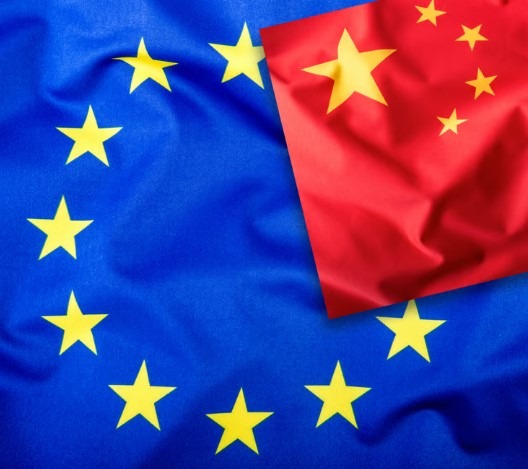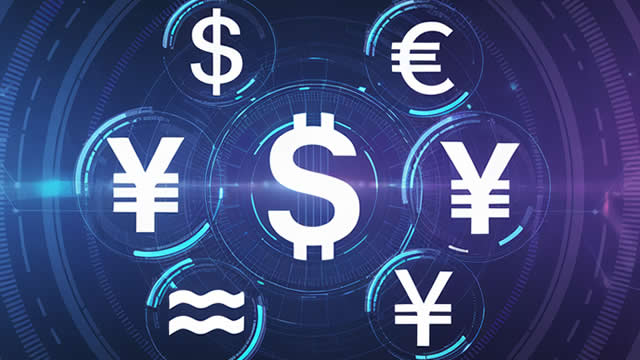The Impact of Deindustrialization in Europe Due to Chinese Policies
Introduction
EU Chamber of Commerce in China president Jens Eskelund recently expressed concern over the accelerated deindustrialization of Europe as a result of China’s policies. He warned that Europe cannot afford to sit idly by while its industries suffer due to the externalization of low domestic demand in China.
Implications of Deindustrialization
Eskelund’s warning shines a light on the potential consequences of China’s focus on supplying low-cost goods to international markets. As Europe’s industries struggle to compete with Chinese products, there is a risk of job losses, economic downturns, and a loss of technological competitiveness. The EU chamber’s description of this situation as a ‘slow-motion train accident’ underscores the urgency of addressing these challenges.
Furthermore, the imbalance in trade between Europe and China could lead to increased tensions and the imposition of tariffs by European authorities. This could further strain relations between the two economic powerhouses and disrupt global trade patterns.
Effects on Individuals
As a consumer in Europe, you may notice changes in the availability and pricing of goods as a result of deindustrialization. Job insecurity and uncertainty in certain industries could also impact individuals and their families. It is important to stay informed about the evolving economic situation and consider potential career shifts or investments in emerging industries.
Global Impact
The ramifications of Europe’s deindustrialization due to Chinese policies are not limited to the continent. The disruption of global trade flows, increased protectionism, and geopolitical tensions could have far-reaching effects on the world economy. It is crucial for international policymakers to address these challenges collaboratively to mitigate negative consequences for all nations.
Conclusion
In conclusion, Jens Eskelund’s warning about the deindustrialization of Europe underscores the need for proactive measures to address the challenges posed by China’s trade policies. It is essential for European leaders to engage in dialogue with their Chinese counterparts and explore mutually beneficial solutions to prevent a ‘slow-motion train accident.’ By fostering cooperation and innovation, both regions can strive towards sustainable growth and global prosperity.





